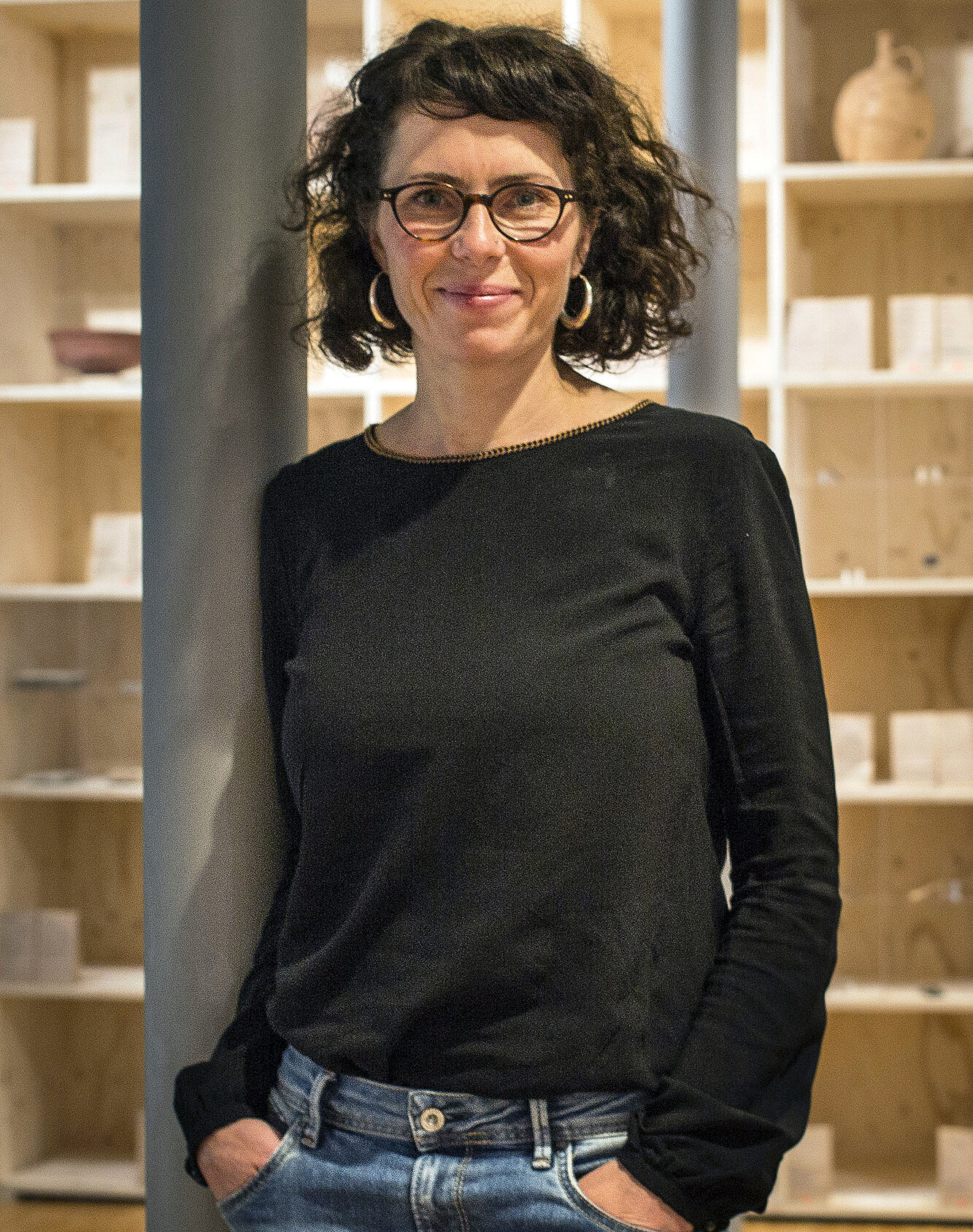The Réseau romand Science et Cité has been active in the field of science and technology culture since 2002. The network is the French-speaking Swiss branch of the Science et Cité Foundation. The association has almost 50 members in the seven French-speaking cantons of Switzerland.
The mission of the Réseau romand Science et Cité
- To promote scientific culture
- To stimulate a critical debate on the challenges of science and technology
- Enhance the resources and competences of our members through joint actions
The activities
- Meetings, museum workshops, training courses and thematic visits for members
- Realisation and further development of Science et Cité Foundation projects in French-speaking Switzerland
- Organisation of scientific events and colloquia in French-speaking Switzerland
- Organisation of the fund for the promotion of projects: The project selected by the jury receives an amount of CHF 10,000 to CHF 15,000 depending on the year. This fund is intended to promote the launch of new projects in the field of science-society dialogue and to enhance cooperation between members. In a broader sense, it should contribute to the development of a culture of citizen science in French-speaking Switzerland.
- To publicise and promote the La Moulinette project, a tool to help science mediators design and question their projects.
Members of the Réseau romand per canton
Fribourg
Genf
- AniMuse, Genève
- Association pour la sauvegarde du Léman
- Bioparc, Genève
- Conservatoire et Jardin botaniques, Genève
- FabLab On l'fait, Genève
- Globe de la science et de l’innovation (CERN), Genève
- Musée d'ethnographie de Genève (MEG)
- Muséum Genève (Museum d’histoire naturelle et Musée d’histoire des sciences)
- Objectif Sciences International
- SciencEscape
- SciFilmIt
- Service Agenda 21 - Ville Durable, Genève
- Université de Genève avec le Scienscope etle Service de communication
Waadt
- Alimentarium - Musée de l'alimentation, Vevey
- Archéolab, Pully
- Centre Pro Natura de Champ-Pittet, Yverdon
- Château de Morges et ses Musées
- Château de Prangins-Musée national
- EPFL avec EPFL Pavilions etle Service de promotion des sciences
- Espace des inventions, Lausanne
- Institut suisse de bioinformatique SIB, Lausanne
- Maison d'Ailleurs, Yverdon-les-Bains
- Maison de la Rivière, Tolochenaz
- Musée cantonal d'archéologie et d'histoire, Lausanne
- Musée de la main UNIL-CHUV, Lausanne
- Musée du Léman, Nyon
- Musée national suisse - Château de Prangins
- Musée romain de Lausanne-Vidy
- Muséum cantonal des sciences naturelles (Botanique, Géologie, Zoologie)
- Myblueplanet, Chavannes-près-Renens
- Plateforme 10, Lausanne
- Pyxis Exploration numérique
- Reatch Arc Lémanique
- The Catalyst, Lausanne
- Université de Lausanne avec le Service Culture et Médiation scientifique (SCMS) et Le ColLaboratoire - Unité de recherche-action, collaborative et participative
According to its statutes, the Réseau tomand consists of a committee that manages the association's activities and takes all useful measures to achieve the objectives it has set itself. It consists of 11 members:
- President: Farida Khali, University of Fribourg
- Vice-President: Laurence-Isaline Stahl-Gretsch, Exhibition Projects Officer at the Museum of the History of Science in Geneva
- Philipp Burkard: Managing Director of the Science et Cité Foundation
- Alexandre Camus, Research Manager, Le ColLaboratoire (UNIL)
- Marie-Pierre Chevron: President and co-founder of the AutreSens association
- Jennifer Genovese: Deputy Head of the Department of Culture and Science Education at the University of Neuchâtel
- Olivier Glassey: Director of the Musée de la main UNIL-CHUV
- Claude Joseph: Honorary Professor, Le ColLaboratoire (UNIL)
- Alain Kaufmann: Director of Le ColLaboratoire (UNIL)
- Anne-Gaëlle Lardeau: Manager of the EPFL Pavilion
- Ludovic Maggioni: Director of the Natural History Museum Neuchâtel
- Béatrice Pellegrini: Honorary President
Contact
Project manager
Ludivine Marquis
ludivine.marquis@science-et-cite.ch
